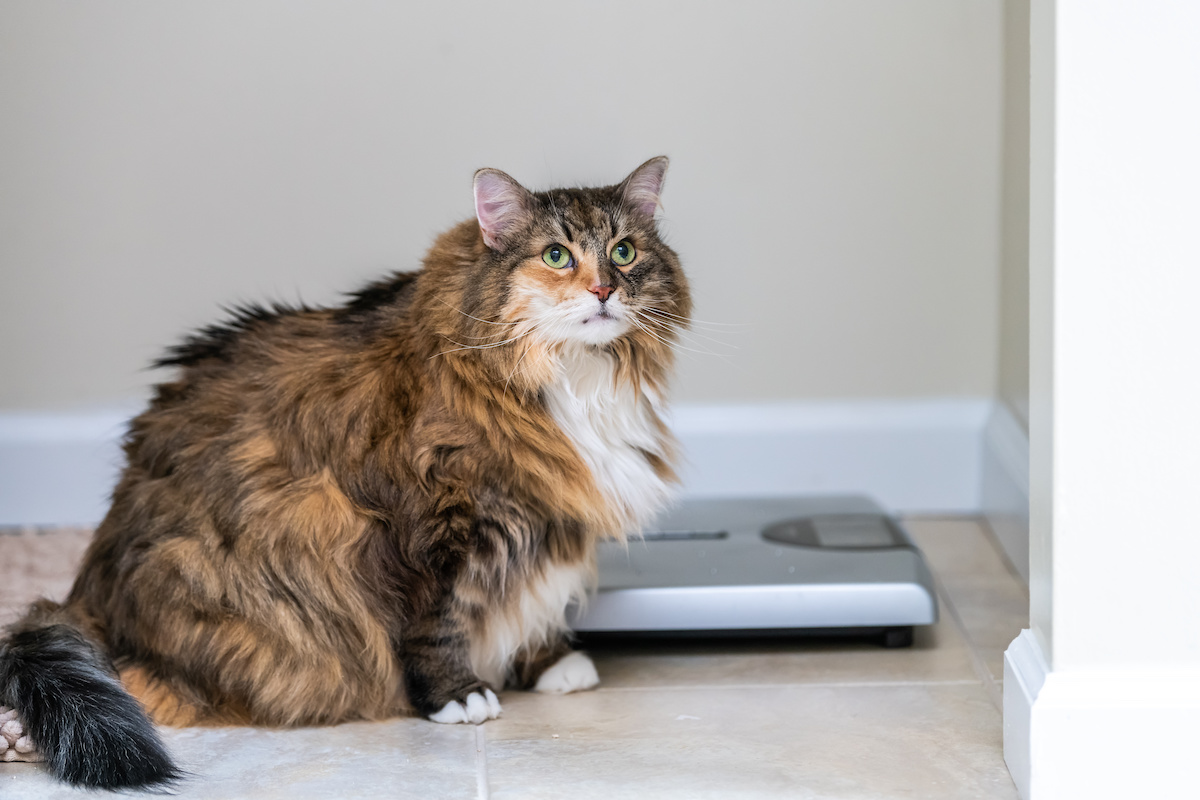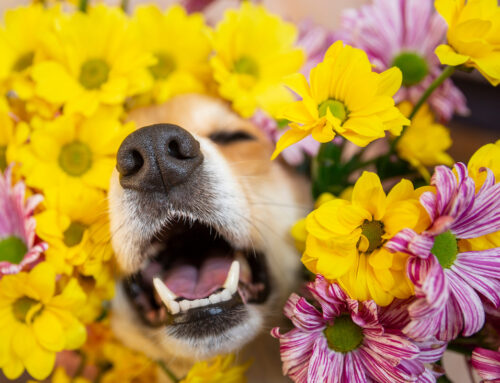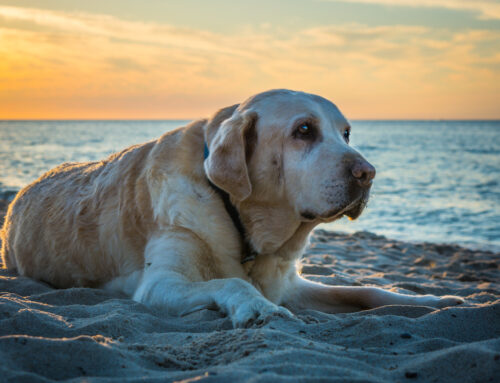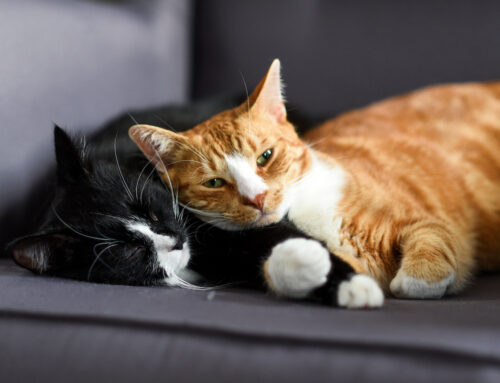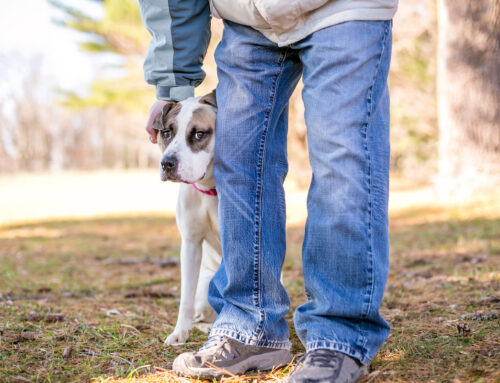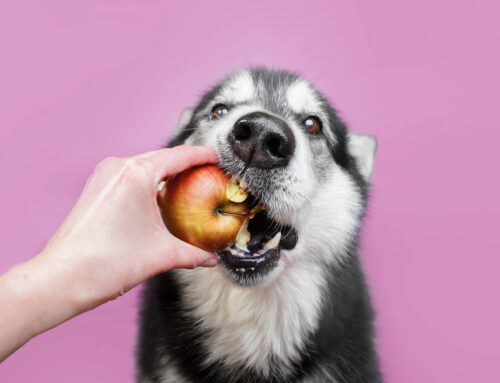Maintaining a healthy weight is something many people struggle with. Obesity in children and adults has been on the rise for years. Studies have shown that pet obesity is also on the rise. The average weight for a cat has continued to increase over the years as pets gain weight. This gives a whole new meaning to the expression “fat cats”.
Similarly to humans, weight gain in cats increases with age and can lead to numerous health issues. While a fat cat might be soft, squishy, and great for cuddling, they can be extremely overweight and it can be dangerous. If your cat weighs 10 pounds but their ideal weight is 8 pounds, then they are carrying around another 25% of their weight. It doesn’t seem like much, but in fact, it is. That would be the equivalent of an average male who weighs 160 lbs gaining an extra 40 lbs. Surely, their primary care doctor would tell them its time to make a change if that were the case.
There is another side to this coin is your cat can be very underweight. If not getting the proper nutrients or if there are other underlying health issues, a cat may not be the weight it should be. It is important to monitor and treat any weight abnormalities in your pet. Let’s explore a healthy weight for cats, weight loss, and weight management.
A Healthy Weight For My Cat
It may seem easier to reduce all cats to the same ideal body size. But, just like humans, there are different body types and factors like breed, age, or gender, that affect ideal weight. In general, the average weight for a domestic cat is about 10 lbs. However, this can vary to as small as 5 lbs for a Siamese cat or as large as 25 lbs for a Maincoon cat. Both of those cats still being a healthy weight for their breed.
A good way to judge if your cat is at a healthy weight is by looking at their belly fat. With your cat standing on all fours on a level surface, take a look at their torso area. The belly fat should not dip below the elbows, nor should ribs be visible.
Helping Your Cat Lose or Gain Weight Safely
If your cat is over or underweight, they can be at a higher risk for more health problems. These issues can include diabetes, osteoarthritis, inflammation, urinary issues, heart conditions, and more. You can help your cat lose or gain weight, the same way you would with most humans. A big part of it is dietary changes and increased physical activity.
First, find a healthy brand of pet food for your cat. Make sure meat and vegetables are included in the first five ingredients. Avoid foods that contain a lot of “by-products” or are heavy in fillers like soy or corn. For some cats, making the switch from dry food to wet food can make a big difference.
Another important step in reaching a healthy weight is portion control. Feed your cat for what they should weigh, not what they do weigh. Some cats require feeders that release small portions of food throughout the day so they don’t eat all of their food in one sitting. This can help them pace themselves and avoid overeating.
Finally, exercise and physical activity are key! An overweight cat or person tends to have a very sedentary lifestyle. Whether it’s whipping out the laser pointer or bringing some new toys into the mix, playtime with your cat is important. Humans take time out of their day to go to the gym when they want to see results – this is no different. With cats, scheduling a set time for physical activity, even if it is only 30 minutes a day will make a difference.
Check With Their Doctor
Weight can affect your cat’s health in multiple ways. Whether they are over or underweight, it is important to monitor any significant changes and talk to your vet about it. At Animal Care Center, we want your pet to live a long and healthy life. We help pets get on programs to help regulate their weight and preserve their health. If your cat has had any sudden weight changes or has a little more weight than they should, give us a call today!

